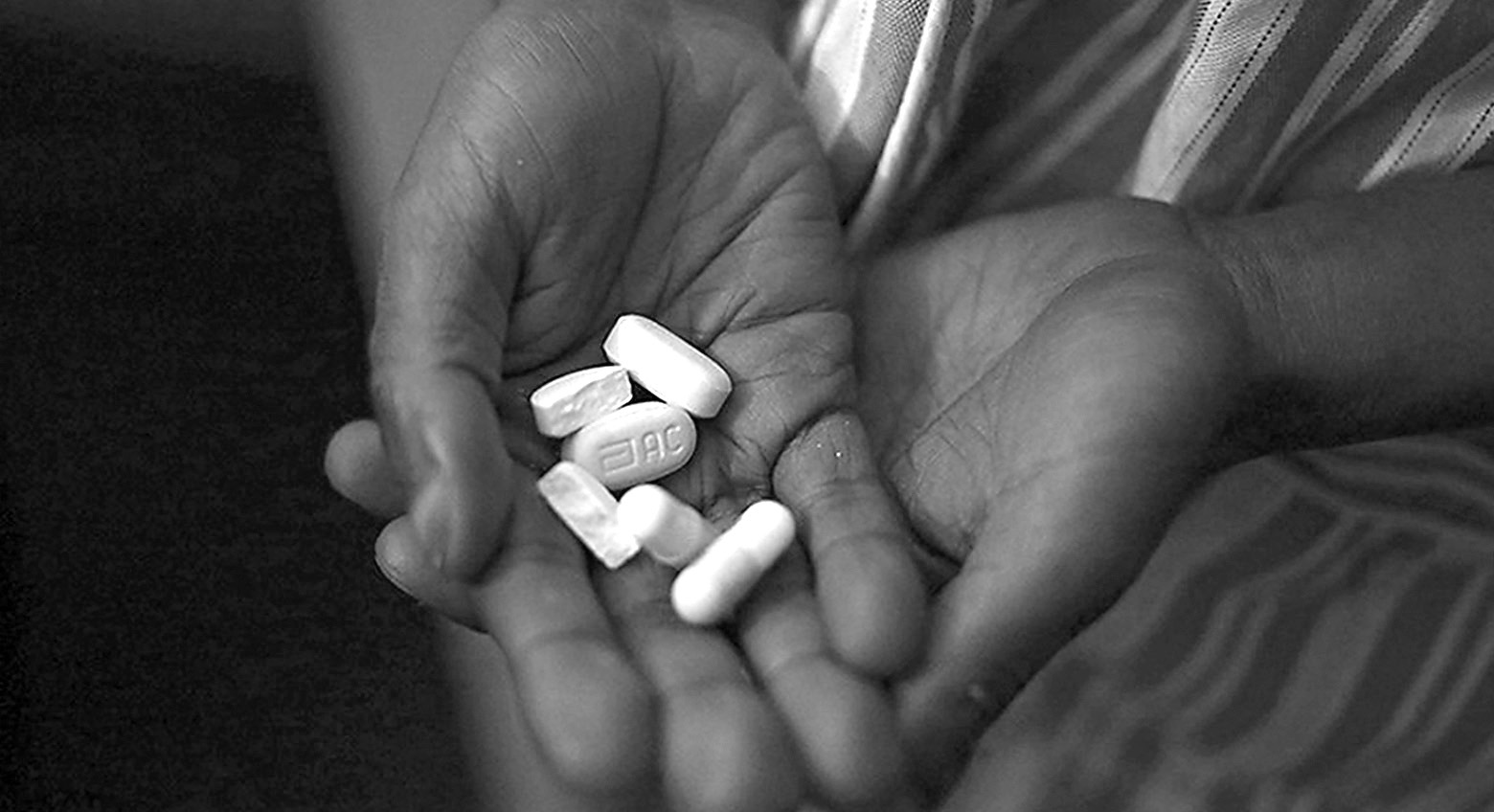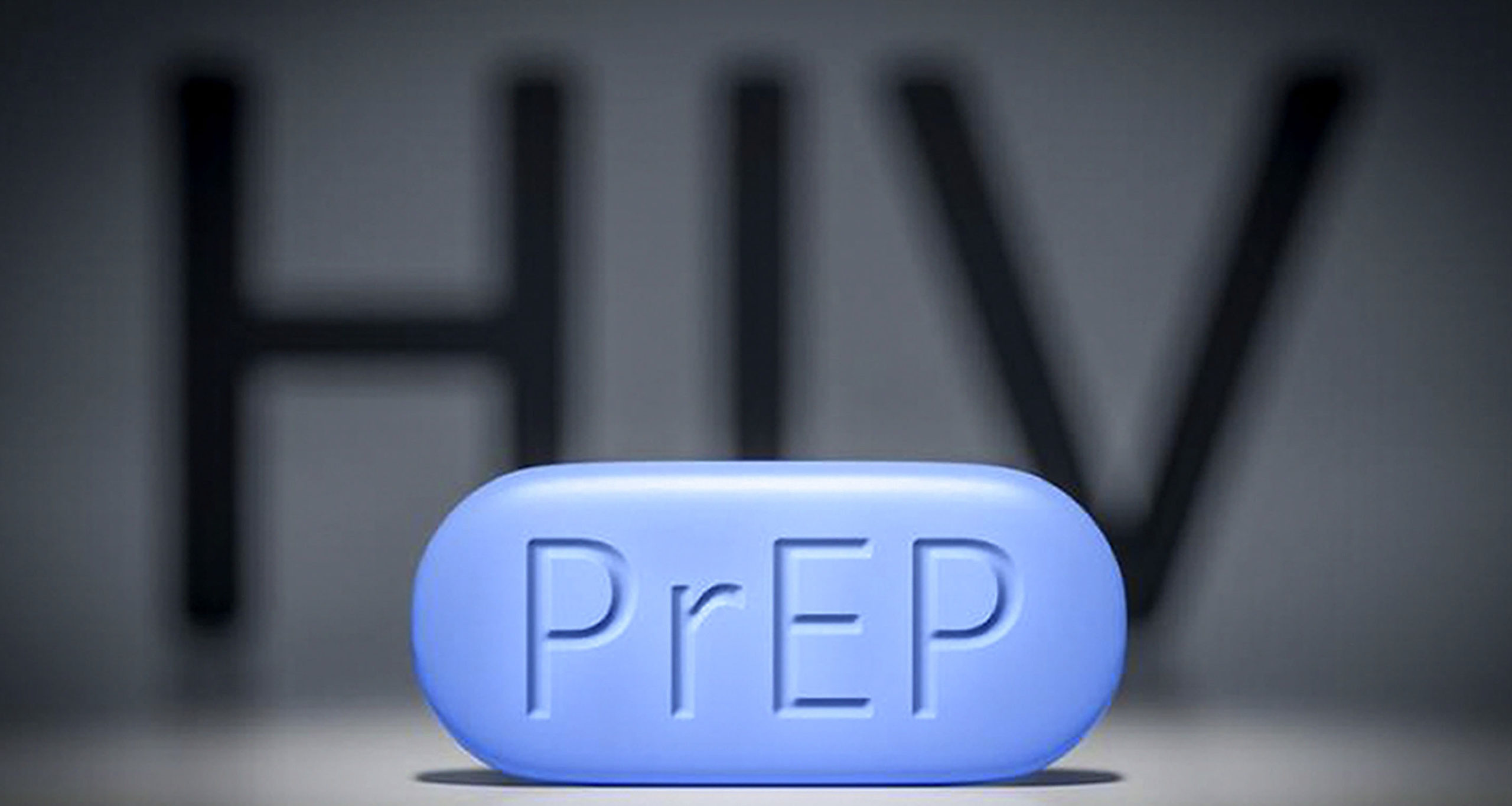It is a well-known fact that the prevalence of HIV in South Africa is among the highest in the world. A lesser-known fact is that people living with HIV can be charged with attempted murder for exposing others to or spreading HIV, despite the fact that living with HIV is no longer a “death sentence” due to the availability of antiretroviral therapy.
It is arguable whether the statutory definition of rape also criminalises this. There is, however, at least one case where someone has been charged with rape under false pretences for allegedly exposing or transmitting the virus to their sexual partner.
For context, it is important to note that people living with HIV who are on antiretroviral treatment and who have undetectable viral loads cannot transmit HIV. This relatively recent scientific discovery has profound implications for such cases.
Attempted murder for exposing others to/transmitting HIV
The criminalisation of both exposure to and transmission of HIV is based on the common law offence of attempted murder. In South African law, the way in which attempted murder is construed means that a person is guilty of attempted murder where, through their conduct, they have taken sufficient preparatory steps towards the commission of the offence of murder even though the intended consequence, death, does not in fact result. For instance, if person A shoots person B with a gun, and narrowly misses their heart or vital organs, person A would be guilty of attempted murder if person B does not die from the gunshot. In the case of HIV, it means that in our law the mere exposure to HIV, even in the absence of actual transmission, is treated the same as the actual transmission of HIV for the purposes of an attempted murder conviction.
A key premise in the logic behind the use of the crime of attempted murder to criminalise HIV exposure and transmission is the idea that HIV amounts to a means to cause the death of a person. The manner in which this logic is carried through in our precedent is that HIV, as a virus that is only capable of being treated and not cured, has the effect of reducing the lifespan of a person living with it (although it should be noted that these days people living with HIV who take antiretroviral treatment have essentially normal life expectancy).
 A lesser-known fact is that people living with HIV can be charged with attempted murder for exposing others to or spreading HIV, despite the fact that living with HIV is no longer a ‘death sentence’ due to the availability of antiretroviral therapy. (Photo: Siphiwe Sibeko / Reuters / nature.com / Wikipedia)
A lesser-known fact is that people living with HIV can be charged with attempted murder for exposing others to or spreading HIV, despite the fact that living with HIV is no longer a ‘death sentence’ due to the availability of antiretroviral therapy. (Photo: Siphiwe Sibeko / Reuters / nature.com / Wikipedia)
In the 2013 high court case of State v Phiri, this premise formed the basis for a conviction on a charge of attempted murder. Briefly, the facts are that the accused, who knew himself to be HIV-positive, on two occasions had unprotected sexual intercourse with the complainant, whom he knew to be HIV-negative, despite her requests for him to wear a condom. The complainant subsequently tested positive for HIV. The court took judicial notice (that is, accepted as fact in the absence of evidence), the premise that HIV has no cure and an infection with the virus is likely to lead to a reduced life expectancy. Accordingly, for a conviction of attempted murder, it was sufficient to establish that the accused, knowing he was HIV-positive, had sexual intercourse with the complainant, whom he knew to be HIV-negative, without taking measures to prevent transmission.
Rape under false pretences for misleading others about HIV status
The Criminal Law (Sexual Offences and Related Matters Act) criminalises rape, which it loosely defines as the unlawful and intentional sexual penetration of one person by another person without consent. In the act, consent is defined as voluntary and uncoerced agreement. The act provides that consent can be eroded where the sexual act (including sexual penetration) is committed under false pretences or by fraudulent means such as when one person misleads another about their identity or the nature of the act. This is not a complete list of factors that can erode consent. In other jurisdictions like Canada, it has been argued that misleading another regarding one’s HIV status can constitute false pretences, which erodes consent.
The expanded statutory offence of rape was one of the reforms in the overhaul of our sexual offences law through the Criminal Law (Sexual Offences and Related Matters). At common law, it was recognised that an error regarding another’s identity or the nature of the act was capable of eroding consent to sex.
One way in which the act departs from the common law lies in how it leaves open the possibility of other factors – like a potential lack of disclosure of one’s HIV status – that can erode or vitiate consent. A similar approach has been taken to the statutory reform of the meaning of consent in Canada but in the context of the offence of aggravated sexual assault.
Reconciling public health with the aims of criminal justice
Although there are comparative examples of the criminalisation of HIV exposure and transmission in foreign jurisdictions, the use of criminal law in the regulation of sexual encounters remains a source of debate for legal scholars, public health specialists, and civil society.
For instance, the 2012 United Nations Development Programme (UNDP) Global Commission on HIV and the Law recommended that states should not enact HIV-specific laws that criminalise the exposure, transmission and non-disclosure of HIV, and that states that already have HIV-specific laws should repeal them. In the same commission, it was found that states could “legitimately prosecute HIV transmission that was both actual and intentional”. In accordance with this position, in July 2021 the UNDP published Guidance for Prosecutors on HIV-Related Cases in order to guide prosecutors on how to ensure that a human rights-based and evidence-based approach is applied to the exceptional cases involving HIV transmission that is actual and intentional.
Thus, according to international human rights norms, there is consensus that overly broad criminalisation of HIV exposure and transmission, which is not based on the most recent scientific evidence, can lead to human rights violations that include unfair discrimination against persons living with HIV.
Criminal law is designed to use state coercion to prohibit conduct that is harmful to the public interest and then to mete out punishment to satisfy the demands of retribution, rehabilitation, and deterrence. When we consider these elements in isolation, the criminalisation of HIV exposure and transmission may seem justified when one considers the potential harm to society if a person living with HIV knowingly and deliberately engages in risky sexual activity and takes no precautions to limit the transmission of the virus.
Nonetheless, the purpose of criminal law needs to be considered in light of other important factors, such as public health. There is no evidence that criminalising HIV exposure and transmission actually deters people from engaging in risky sexual activity. In fact, it is strongly likely that criminalisation would undo some of the crucial HIV prevention and treatment gains. For instance, criminalisation is premised on knowledge of one’s HIV status. Criminalisation would then be likely to deter people who do not know their status from testing for HIV. In addition to this, there is also strong evidence that a great number of people who transmit HIV are actually persons who are unaware of their positive status, and are therefore not subject to criminal sanction.
 For context, it is important to note that people living with HIV who are on antiretroviral treatment and who have undetectable viral loads cannot transmit HIV. This relatively recent scientific discovery has profound implications. (Photo: aids-drugs-online.com / Wikipedia)
For context, it is important to note that people living with HIV who are on antiretroviral treatment and who have undetectable viral loads cannot transmit HIV. This relatively recent scientific discovery has profound implications. (Photo: aids-drugs-online.com / Wikipedia)
Criminalisation is also likely to promote a general distrust and avoidance of healthcare institutions and providers. To avoid a potential breach of their medical confidentiality, people who do end up testing for HIV may want to avoid being tested by healthcare providers at healthcare facilities because a court can order healthcare workers to disclose patient information. And those who do test positive may be deterred from being on antiretroviral treatment, to avoid that being evidence of their HIV status. This extends to HIV-positive pregnant women who may be tested in routine prenatal testing but may choose to avoid being on treatment and may be criminalised for transmitting HIV to their infants.
All of this seriously undermines HIV prevention efforts that encourage everyone to test and, if positive, to start antiretroviral treatment immediately. Scientific research conducted over the last decade has had a critical impact on HIV prevention, as we now know that persons living with HIV who are on treatment can achieve a reduced or undetectable viral load that significantly limits or eliminates the risk of further transmission of the virus. This adds to what we’ve known for even longer – that people living with HIV can live long and healthy lives when taking antiretroviral treatment.
Criminalising the exposure or transmission of HIV may also contribute to increased stigma towards people living with the virus, which not only undermines public health interventions like testing and treatment, but can lead to social isolation, economic discrimination, and further violations of the rights of people living with HIV.
In light of the above, the over-criminalisation of HIV exposure and transmission does more harm than good. If criminalisation is not an effective deterrent and it can undo some of the great strides that have been achieved in HIV prevention and treatment, then what purpose does it serve and how can it be justified? DM/MC
Sibusisiwe Ndlela is an attorney at Section27.
NOTE: Spotlight is published by Section27 and the TAC, but is editorially independent, an independence that the editors guard jealously. Spotlight is a member of the South African Press Council.
This article was first published by Spotlight – health journalism in the public interest.





 For context, it is important to note that people living with HIV who are on antiretroviral treatment and who have undetectable viral loads cannot transmit HIV. This relatively recent scientific discovery has profound implications. (Photo: aids-drugs-online.com / Wikipedia)
For context, it is important to note that people living with HIV who are on antiretroviral treatment and who have undetectable viral loads cannot transmit HIV. This relatively recent scientific discovery has profound implications. (Photo: aids-drugs-online.com / Wikipedia)